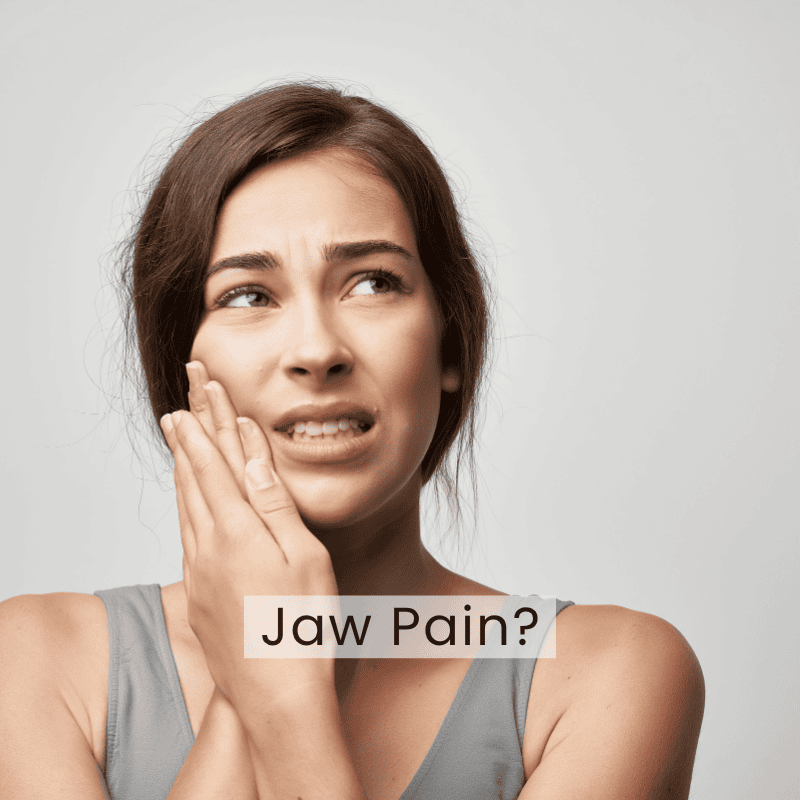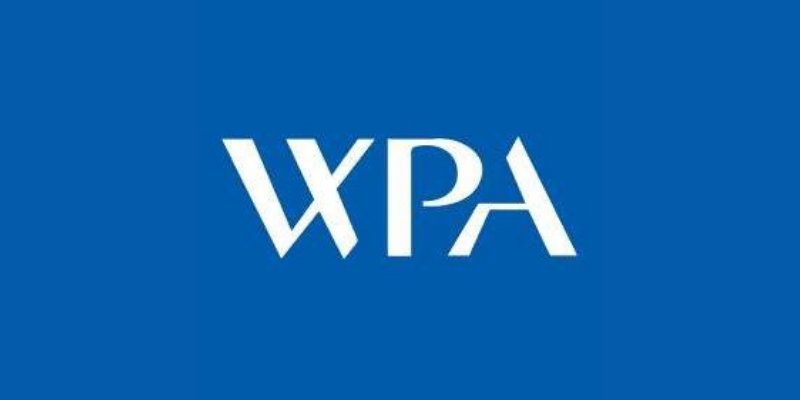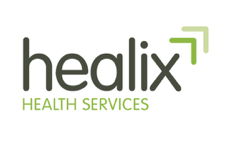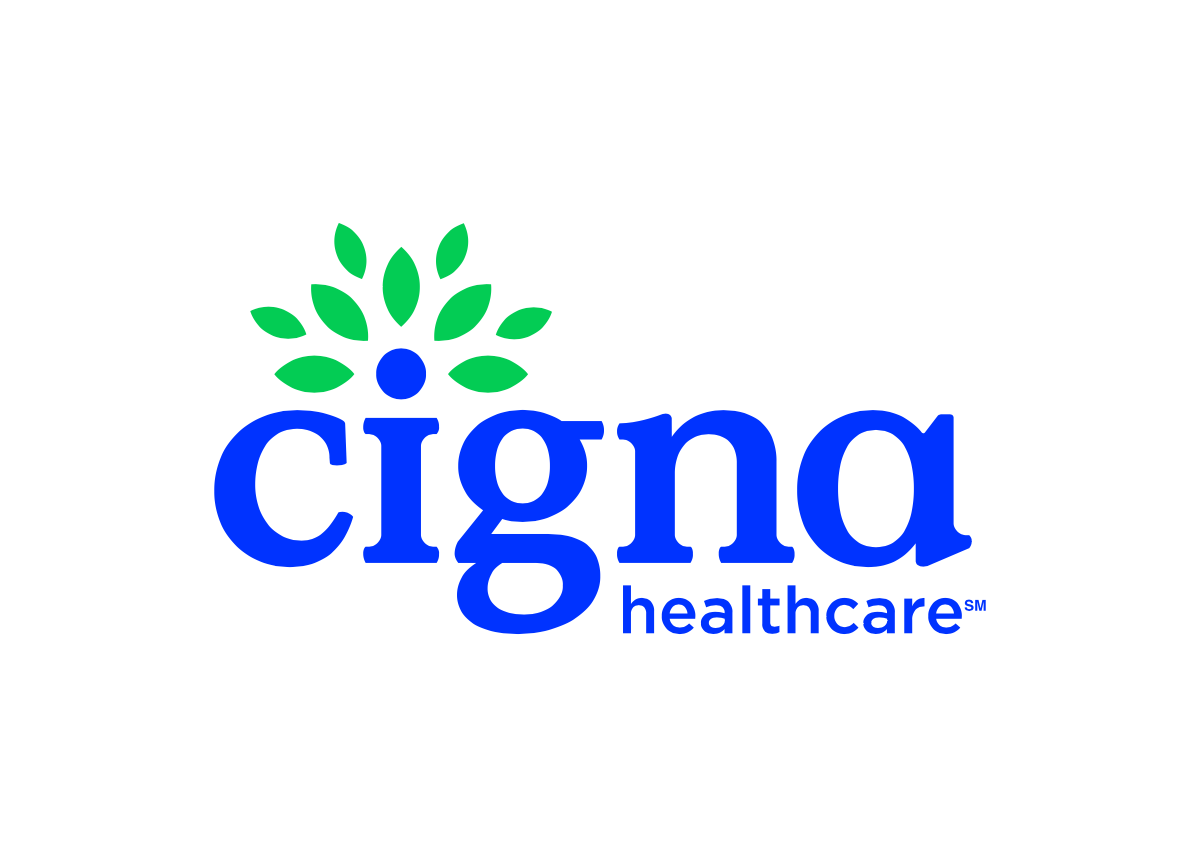What could be causing your jaw pain?
What Could Be Causing Your Jaw Pain? A Triage Guide
There are many possibilities of what could be causing the pain in your jaw, one that is often overlooked or misdiagnosed is your temporomandibular joint (TMJ). In our experience, when professionals who are not adequately trained misdiagnose this condition, they often fail to provide practical help and can even exacerbate the situation. The pain can frequently travel from the jaw up to the back of the ear and usually further up, and contribute towards headaches.
There is so much conflicting advice on what the causes and cures are for jaw pain that most people spend years looking for the answer. If you think your jaw could be the issue, try speaking with someone who has had the condition themselves and is now cured from the pain. You may have received advice of “it will only last a week or so, take some painkillers, and it will be fine”. However, the reality is that people suffer for years with this condition, which can affect all aspects of their lives.
If Your Jaw Hurts, Start Here (quick triage)
Jaw pain can be confusing and frustrating because it often overlaps with dental, jaw joint (TMJ), muscle and even neck problems. You can use this quick guide to decide who to see first and what you can do today.
If you experience clicking and/or popping when you yawn or chew, or occasional catching, the likely cause could be TMJ disc dysfunction or muscle imbalance. The first suggested clinician should be an Osteopath (TMJ specialist) for assessment & relief; also a dentist if there are tooth issues.
Morning jaw ache, tightness, worn teeth, sore temples. The likely cause is nighttime clenching/bruxism, stress, or a change in bite. See a Dentist/orthodontist (guard/bite check) and an Osteopath for jaw/neck tension.
Sharp tooth pain, heat/cold sensitivity, swelling. Likely cause: dental infection/decay; cracked tooth. See a dentist urgently; if you have a fever/facial swelling, phone 111 or go to A&E.
Jaw pain after whiplash or neck strain. The likely cause could be TMJ–neck interplay, resulting in protective muscle spasm. See an Osteopath; consider a GP if neurological symptoms.
Pain behind/around the ear. The likely cause is TMJ overload, or excessive tension in the chewing muscles. See an Osteopath or dentist if ear/tooth symptoms present.
In reality, however, you may experience more than one symptom as the body is connected. Seeing a cranial osteopath for TMJ may help to give you some clarity.
Red Flags: When to seek urgent dental/medical care
If you experience rapid facial swelling, fever, or spreading pain, and cannot open your mouth after a trauma. Have numbness, weakness, or sudden asymmetry in the face or have severe tooth pain or foul taste with swelling, call 111 or go to A&E.
TMJ, dental, or muscle? Understanding the overlap
TMJ issues often cause clicking, limited opening, and aching near the ear.
Dental causes tend to be tooth-centred (sensitivity, sharp pain, visible decay, or gum problems).
Muscular drivers (masseter, temporalis, and pterygoids) create dull, spreading aches in the temples, jaw angle, and neck, often exacerbated by stress or after chewing. Because these systems interact, the best results usually come from a coordinated plan that works in conjunction with a dentist/orthodontist for teeth and bite, and osteopathy for jaw/neck mechanics, posture, and muscle tension.
How osteopathy can help (complements with dental care)
Osteopathy views the jaw, neck, and posture as a unified system. During a TMJ-focused session, we typically:
● Assess jaw movement, chewing muscles, neck mobility and posture.
● Use gentle cranial and soft-tissue techniques to ease tension around the TMJ, temples and neck.
● Restore smooth jaw mechanics and reduce strain.
● Provide home exercises and stress management tips that might help reduce clenching.
Want the deeper dive? See cranial osteopathy for TMJ explained.
Treatment for Jaw Pain
If you cannot get a satisfactory answer for the source of pain in your jaw, temple regions and/ or neck, then speak with our TMJ specialist. After successfully treating many people, we may have solutions to help reduce the severity and frequency of your pain. We want to understand why you are experiencing your symptoms. Could it be stress, osteopathy for neck pain, osteopathy for headaches, or osteopathy and orthodontics, which is causing you to grind your teeth? Past head or neck trauma, including sporting accidents. Postural issues like Osteopath for knee pain and Cranial Osteopath for back pain, which are causing your jaws to work harder. There are links to nutritional deficiencies, so consulting with our musculoskeletal health nutrition specialist could be worthwhile. Cranial Manipulation – What Is It & Does It Really Work? is a gentle treatment that can produce great results. In a recent study, cranial osteopathy was found to be an effective treatment in patients with TMD (Gesslbauer et al., 2018). If you haven’t tried it, it’s definitely worth giving it a try to see whether it makes a difference.
What to expect at Wellthy Clinic
● A clear plan: assessment of jaw–neck posture, gentle hands-on treatment, home strategies.
● Phased support: applicable during bite changes (aligners/braces) or stressful periods.
● Coordination with your dentist/orthodontist when mouthguards, bite or dental work are relevant.
If you’re ready to see if Osteopathy is the solution to your pain, book a consultation with us.
References
Gesslbauer et al (2018) Effectiveness of osteopathic manipulative treatment versus osteopathy in the cranial field in temporomandibular disorders – a pilot study Disability Rehabilitation
Mani & Dua (2021) Temporomandibular Joint Syndrome Stat Pearls.
Matthew Glithero
Clinic Director and Cranial Osteopath (MSCCO) who is passionate about helping jaw pain sufferers. He graduated (MOsT) from the University College of Osteopathy.







